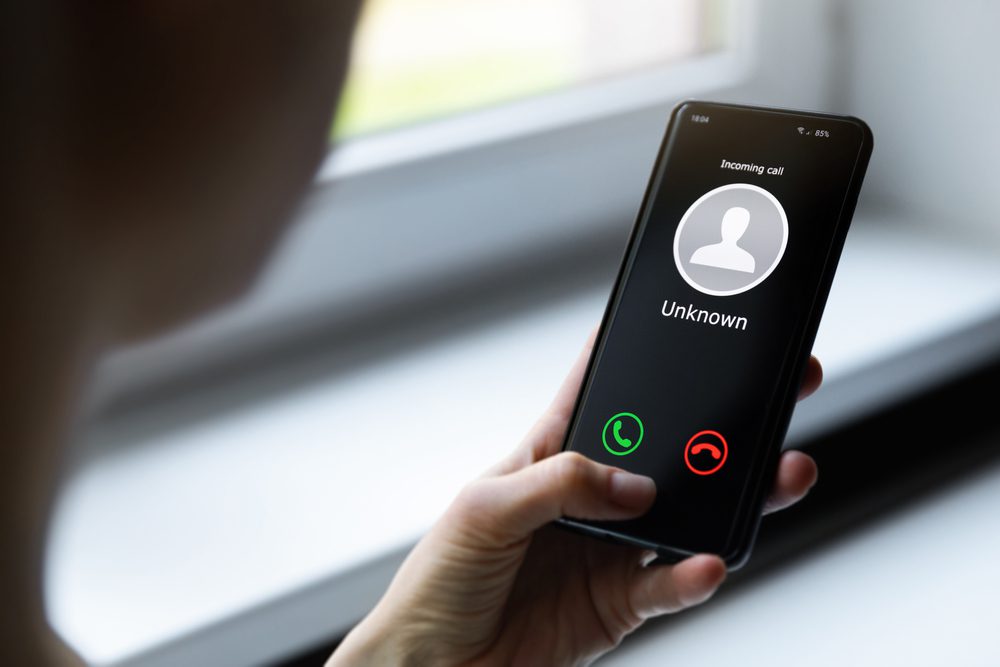Medicare scams are a real thing, but you have all of the resources at your disposal to outsmart scammers. You know to protect your Medicare card number and Social Security Number and you know not to trust phone calls that are supposedly from Medicare representatives. To avoid Medicare fraud, double-check your Medicare claims statements to make sure they match up with your record of the appointments. If you suspect fraud or a scam, notify Medicare as soon as possible.
Protecting Your Medical and Identifying Information
Protect Your Personal Information. Store your Medicare Card the same way you store credit cards. You don’t want anyone else to know your Medicare Number and you don’t want anyone to use your card fraudulently, so keep it secured.
Record Appointments in Your Calendar. Keep a record of what procedures and tests were performed at each appointment so you can compare your notes to the Medicare Summary Notice you receive.
Spotting Signs of Fraud
Scammers will be asking you to reveal sensitive information such as your Social Security Number or Medicare Number. Be wary of all phone calls that are said to be from Medicare. Medicare will not call you. If you are ever uncertain, call Medicare directly to verify your hunch.
Another form of fraud is when healthcare providers charge Medicare for services or tests you did not receive. You can spot these discrepancies by keeping receipts and close records of what tests were performed at your medical appointments.
Recent Scams
People have received calls asking for payment for a “processing fee” related to their Medicare card. The callers claim to be Medicare representatives. Medicare does not charge you for new cards and will not call you about them.
People have received phone calls trying to sell them “temporary cards” when they are expecting their new cards for the new year. It’s important to remember that there is no such thing as a temporary card. You can sign up with Medicare to receive notifications when new cards are being sent out.
Phone scammers have tried to get personal information out of people by asking them to verify their Social Security Number, address, or other personal information supposedly before they can get their new Medicare card. Medicare sends the cards to your mailing address automatically. They will not call you to confirm any information.
Some scammers have claimed that your new Medicare card was lost or someone else tried to use it. Expect it to take a while for your new card to arrive, so don’t let these scammers appeal to your anxieties. And do not divulge any sensitive information over the phone.
Some people have been asked to mail in their old card. You should never give your Medicare card to anyone because it has your Social Security Number. Destroy your old Medicare cards.
What to Do If You Suspect Medicare Fraud
Call Medicare at 1-800-MEDICARE or the Medicare Drug Integrity Contractor (MDIC) if you have a Medicare Advantage plan. You can trust these people, they are actual representatives of these agencies. Give them the information they request so they can keep a record of known scams.
Always trust your instincts and err on the side of caution. Keep your personal information secret and do not trust phone calls from people you don’t know. These tips should keep you and your information safe.
If you have any questions about avoiding scams or protecting your Medicare information, speak with one of our Medicare specialists.
Thomas M. Brzezinski is one of the founding partners of WMAG William & Michael Advisor Group LLC and Jersey Insurance Solutions. He has been involved in the insurance industry for over ten years and specializes in developing client relationships that last a lifetime.
- Thomas Brzezinskihttps://jerseyinsurancesolutions.com/author/thomasbrzenzinski/
- Thomas Brzezinskihttps://jerseyinsurancesolutions.com/author/thomasbrzenzinski/
- Thomas Brzezinskihttps://jerseyinsurancesolutions.com/author/thomasbrzenzinski/
- Thomas Brzezinskihttps://jerseyinsurancesolutions.com/author/thomasbrzenzinski/



